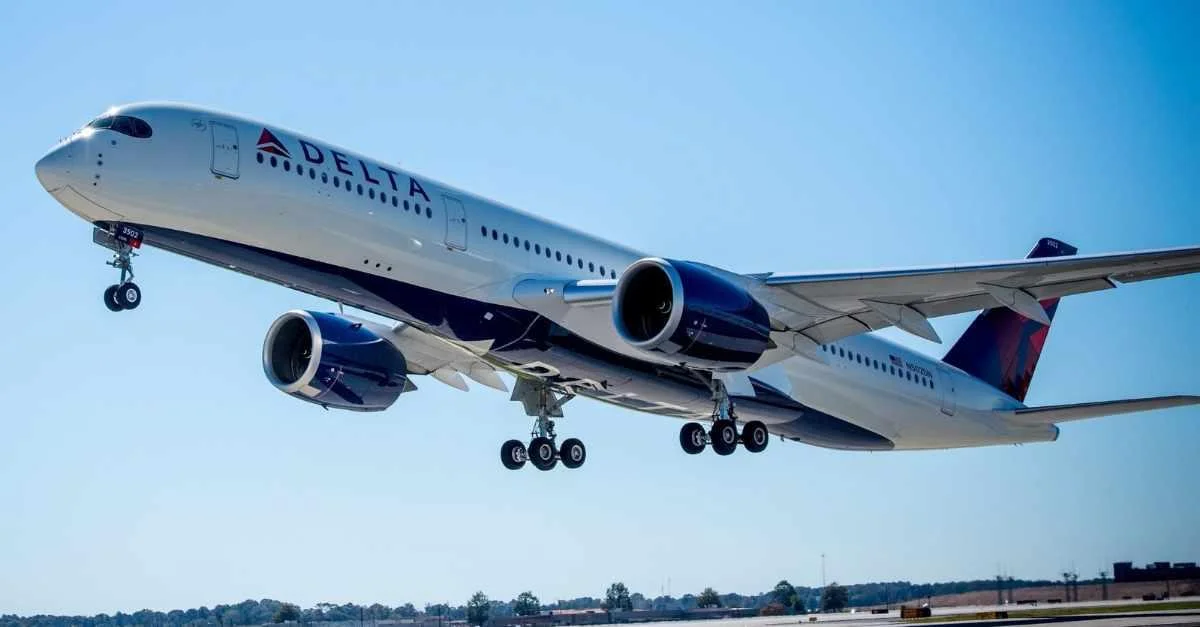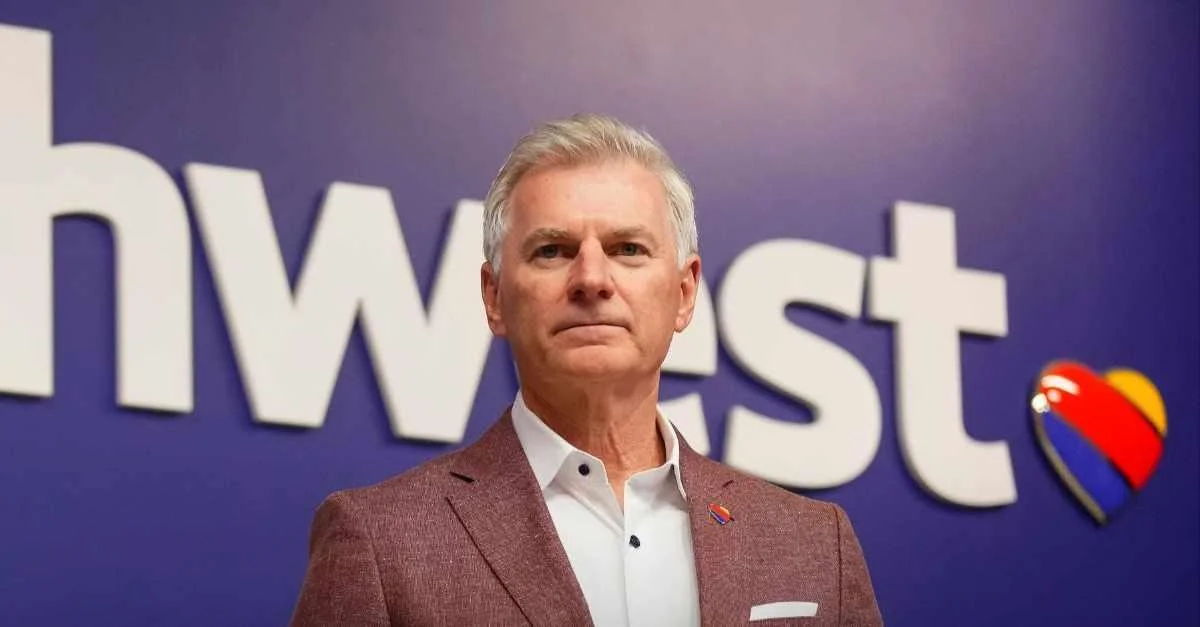The development of supersonic private jet travel has long been anticipated, with many hurdles still to overcome. While supersonic flight has been possible for decades, the majority of air travel remains subsonic. Military operations typically dominate the supersonic space, although the potential for civilian use is evident. Among the companies working towards this is Boom Aerospace, aiming to launch the Boom Overture as the United States' first supersonic jet, with interest from airlines such as United and American.
However, some suggest that the future of supersonic flight may first impact the private jet market, where cost is less of a concern. This is where the Quiet Spike program from Gulfstream Aerospace, in collaboration with NASA's Dryden Flight Research Center, comes into play. The objective was to explore the possibility of reducing sonic booms on private jets. The technology was patented in 2004 and remains a focus for Gulfstream, which plans to implement it in future aircraft.
On October 23, 2006, Gulfstream announced a milestone in the development of the Quiet Spike, after the technology performed successfully in a supersonic flight test conducted shortly before. Pres Henne, Gulfstream's Senior Vice President for Programs, Engineering, and Testing, commented, "The fact that the Quiet Spike performed as designed at supersonic speeds and was extended and retracted without any difficulties, brings us one step closer to our goal of seeing if it will reduce the sonic boom when mounted on a more appropriate platform."
 Alerts Sign-up
Alerts Sign-up






